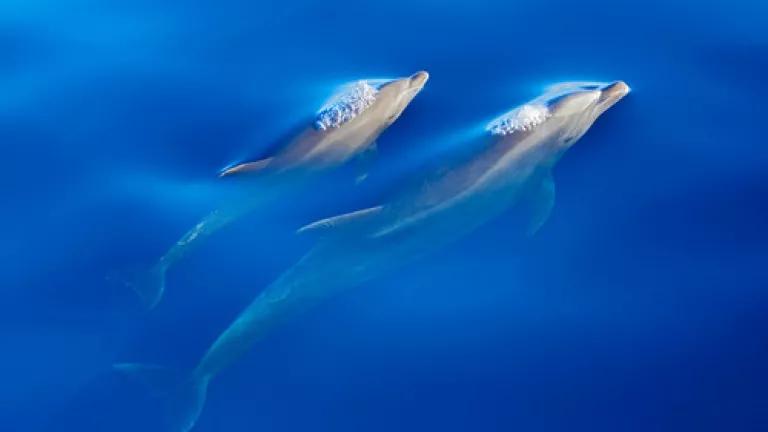
NRDC has been calling for the Rio+20 Earth Summit to be a different type of international meeting – one where our world leaders act, and not just talk. On Friday, Mexican president Calderón set the stage for Rio with the rejection of a controversial and destructive tourism development project on the Baja California coast. This is precisely the type of action we need to see in the coming days in Brazil, where world leaders are gathering to discuss the future of our oceans and our planet.
credit: Ralph Lee Hopkins / iLCP
One of the key themes for the summit is the creation of a green economy. Calderón rightly portrayed his decision as an example of how the green economy can be built, by encouraging the type of green growth that can create jobs while preserving the environment. In his decision, Calderón emphasized that economic growth and environmental protection go hand-in-hand. Having to choose between the two is a false dilemma.
The project Calderón rejected, known as Cabo Cortés, would have built a Cancun-like tourism center on the coast of Baja California, next to the most important coral reef in the Americas, in the Cabo Pulmo National Marine Park. Local communities and Mexican environmental groups had battled against the project for years, with NRDC joining the campaign to help call international attention to the risks posed by reckless development next to one of the most robust marine reserves on the planet.
As the Mexican government came to realize, Cabo Cortés was the wrong project in the wrong place. The hotels, villas, marina and golf courses were too large in scale for the fragile marine and coastal ecosystems to handle. By risking the deterioration of the beautiful marine ecosystem that was in fact its main draw, Cabo Cortés would have failed not only its investors, but local communities and the local economy. Moreover, the project's environmental review was poorly done from start to finish. This was a project that did not deserve government support.
President Calderón’s rejection of Cabo Cortés is a major victory, both for the increasingly besieged global marine environment, and for the local communities that depend on the fisheries and tourism supported by a thriving Cabo Pulmo coral reef. This victory also reflects the concerns of hundreds of thousands of people around the world who urged the Mexican government to protect Cabo Pulmo, and called on President Calderón to show the political will and environmental leadership needed to protect our oceans.
We need action like this at Rio+20: clear commitments to protect our oceans and marine resources by establishing new marine parks and protecting existing ones. We hope that President Calderón's announcement will set a precedent for Rio+20, and that more nations will come forward, in real terms, to protect our oceans and our planet.